Women bishops: Church of England votes yes
The General Synod has voted today to allow the creation of women bishops
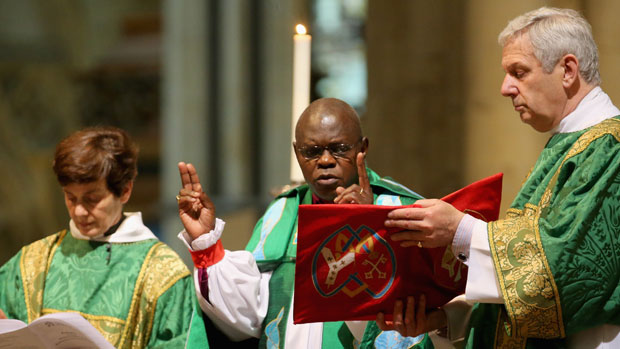
A free daily email with the biggest news stories of the day – and the best features from TheWeek.com
You are now subscribed
Your newsletter sign-up was successful
The Church of England's General Synod has voted to allow the creation of women bishops, bringing to an end one of the Church's longest-running controversies.
Formal moves towards the ordination of women began four decades ago and the Church of England decided that women could be priests more than 20 years ago. But the prospect of women bishops has proved a more controversial idea, with traditionalists bitterly opposed.
What is the significance of the vote?
The Week
Escape your echo chamber. Get the facts behind the news, plus analysis from multiple perspectives.

Sign up for The Week's Free Newsletters
From our morning news briefing to a weekly Good News Newsletter, get the best of The Week delivered directly to your inbox.
From our morning news briefing to a weekly Good News Newsletter, get the best of The Week delivered directly to your inbox.
The immediate consequence is that the Church of England has avoided a bruising battle in which it could have had women bishops imposed upon it from outside. Before the vote, the Daily Telegraph speculated that bishops in the House of Lords could have tabled a bill to force the matter, or they might have dissolved the current Synod and started afresh. Either method would have been highly contentious and could have left the Church divided for years to come.
As well as marking a milestone on the wider issue of women's rights, the introduction of women bishops will alter the leadership profile of the Church of England, which is central to many state occasions and local ceremonies. It will also bolster the efforts of those who are starting to call for the ordination of women in the Catholic Church, which would have consequences of its own.
Why do some in the Church oppose women bishops?
Opponents believe that women should never be in a position of authority over men in the Church. Some also point out that Jesus Christ's disciples were all men. However, supporters of female bishops reject both arguments and also cite polls indicating a clear majority of Church of England members support women bishops.
A free daily email with the biggest news stories of the day – and the best features from TheWeek.com
Wasn't the matter closed a few years ago?
In November 2012, legislation to open the episcopate to women collapsed at the final hurdle, despite overwhelming support for it in the Church as a whole. It was backed by almost three quarters of the Synod, but it failed to pass because it fell just six votes short of the required majority among lay members.
How did it get back on the agenda so quickly?
After the 2012 failure, MPs threatened to impose women bishops by force using equality legislation. That was enough to persuade the Synod into keeping the proposal on the agenda and to conjure a semblance of common ground.
Both sides broadly accepted that a compromise had to be reached in order to hold the Church together. However, as the BBC reported, this led to a stand-off in which opponents demanded a series of safeguards, while supporters claimed that the caveats would leave women bishops with diminished authority.
-
 How the FCC’s ‘equal time’ rule works
How the FCC’s ‘equal time’ rule worksIn the Spotlight The law is at the heart of the Colbert-CBS conflict
-
 What is the endgame in the DHS shutdown?
What is the endgame in the DHS shutdown?Today’s Big Question Democrats want to rein in ICE’s immigration crackdown
-
 ‘Poor time management isn’t just an inconvenience’
‘Poor time management isn’t just an inconvenience’Instant Opinion Opinion, comment and editorials of the day
-
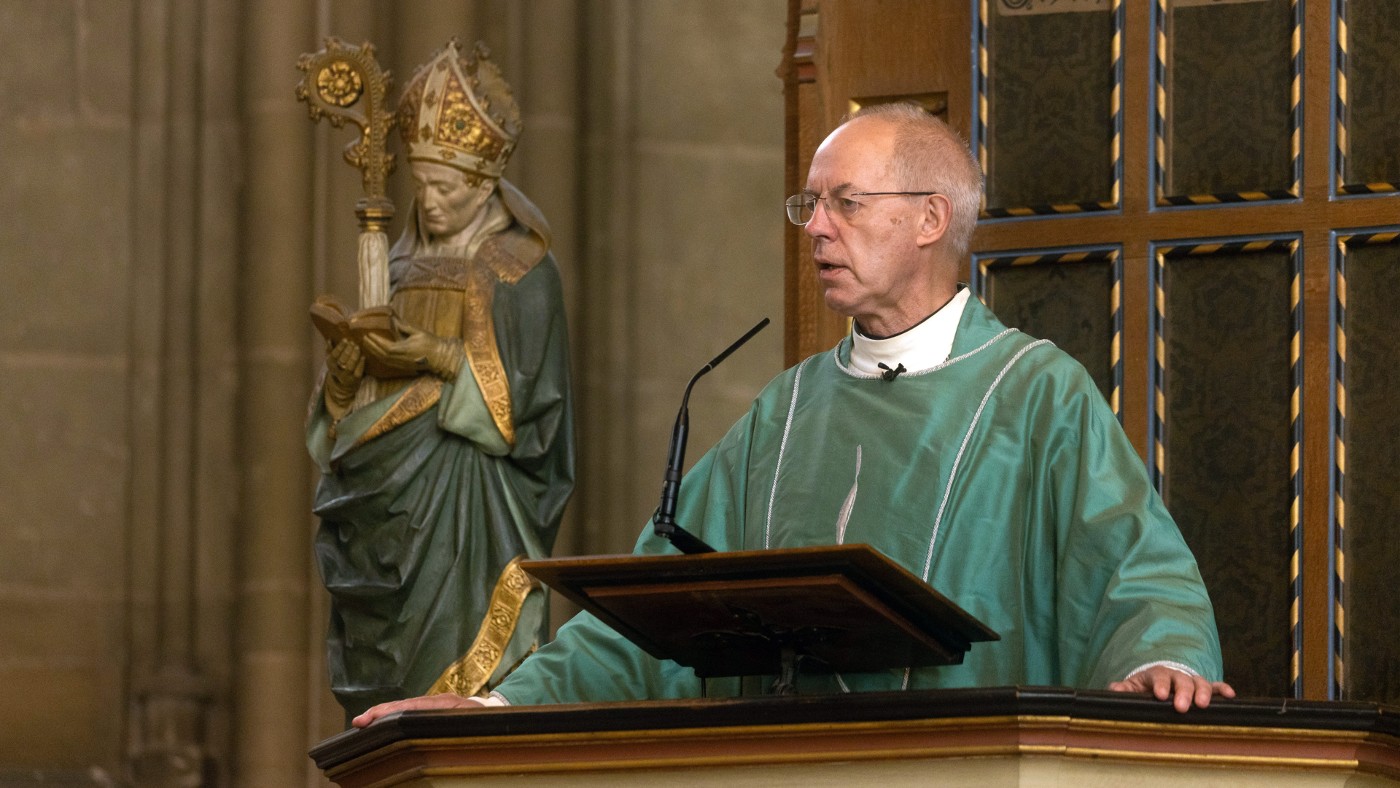 The power the Church of England has in the UK
The power the Church of England has in the UKfeature Critics have questioned the relevancy of the Church’s influence in schools and politics
-
 The Week Unwrapped: Shareholder power, Serbian threats and Anglican angst
The Week Unwrapped: Shareholder power, Serbian threats and Anglican angstpodcast Do investors have more power than they realise? Is Bosnia on the verge of breaking up? And who will choose the next Archbishop of Canterbury?
-
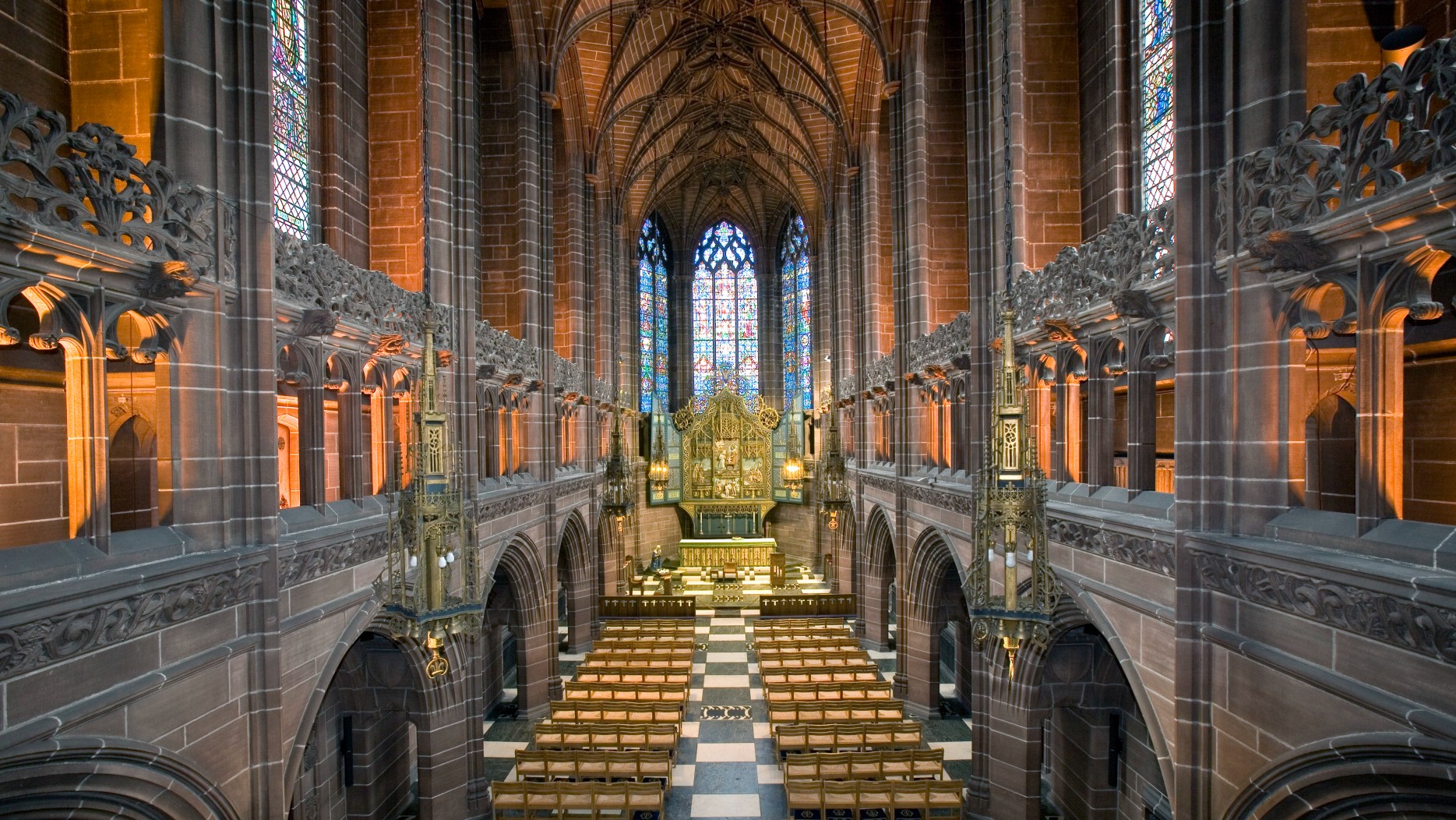 ‘Pray to stay’: Church of England facing questions over asylum seeker conversions
‘Pray to stay’: Church of England facing questions over asylum seeker conversionsIn the Spotlight Tory MP vows to launch investigation into apparent ‘loophole’ in system
-
 Preacher says apocalyptic fireball could destroy Earth next month
Preacher says apocalyptic fireball could destroy Earth next monthSpeed Read And other stories from the stranger side of life
-
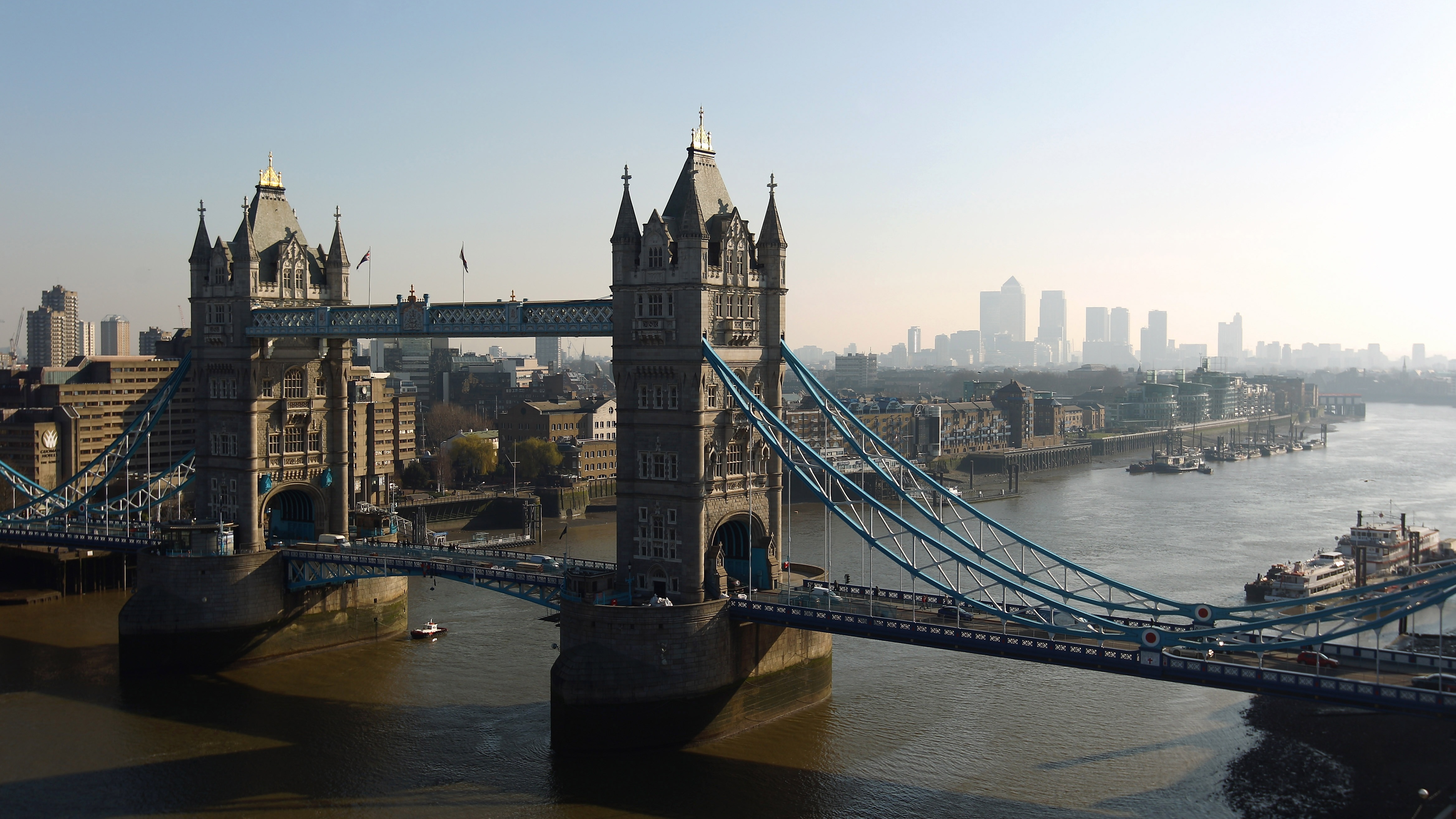 Instant Opinion: ‘London must thrive if we all want to prosper’
Instant Opinion: ‘London must thrive if we all want to prosper’In Depth Your guide to the best columns and commentary on Monday 27 January
-
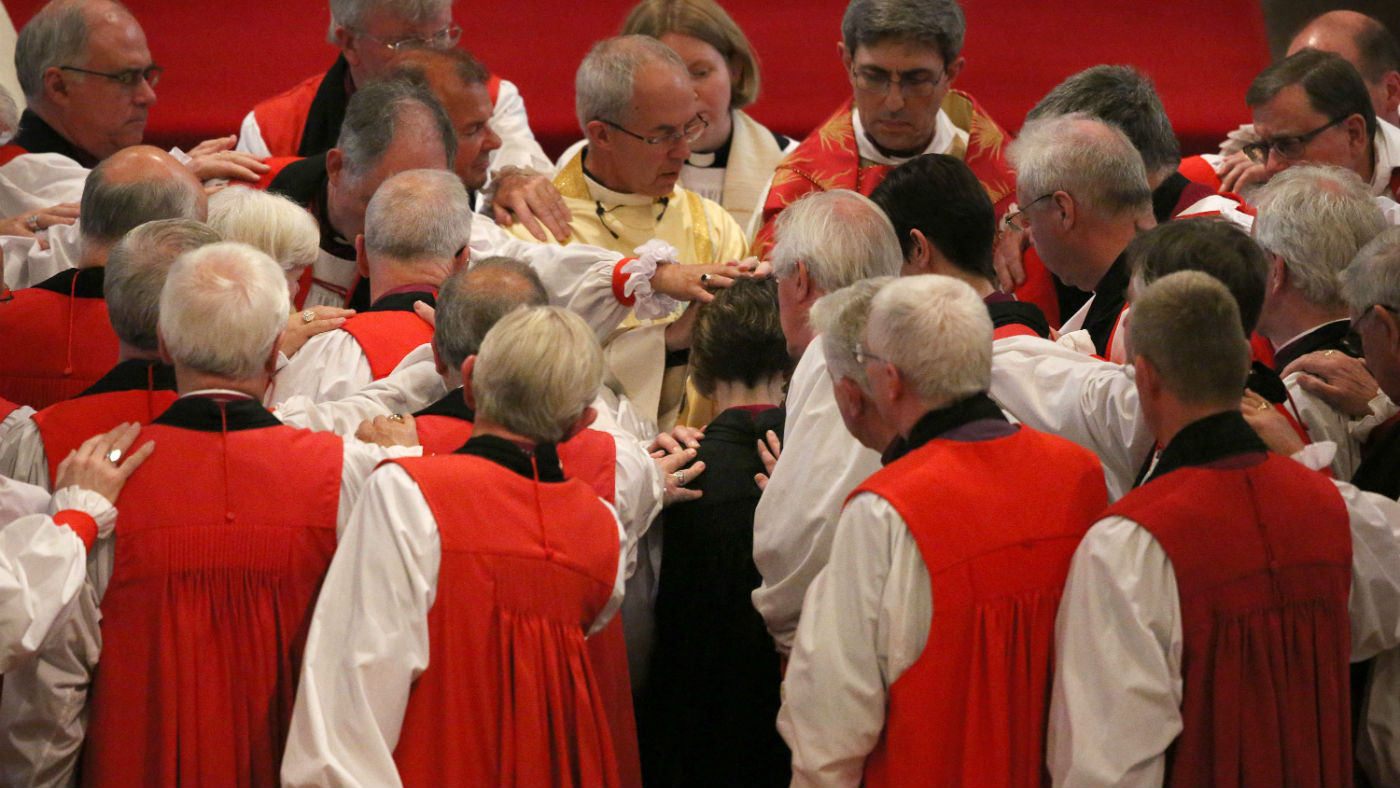 Church of England 'colluded' with sex abuse, says Justin Welby
Church of England 'colluded' with sex abuse, says Justin WelbySpeed Read Archbishop of Canterbury calls on predecessor George Carey to resign after damning report into former bishop
-
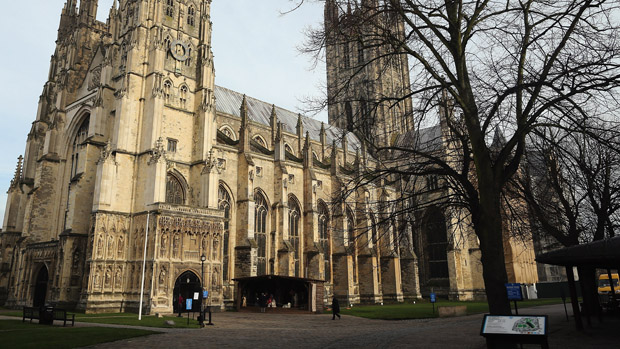 Church 'hypocritical' for offering jobs below living wage
Church 'hypocritical' for offering jobs below living wageSpeed Read Church of England advertised a job at £6.50 an hour – £1.35 below the living wage
-
 David Cameron has every right to call this a Christian country
David Cameron has every right to call this a Christian countryIn Depth Christianity came to Britain within a century of Jesus’s crucifixion – whatever the humanists might say